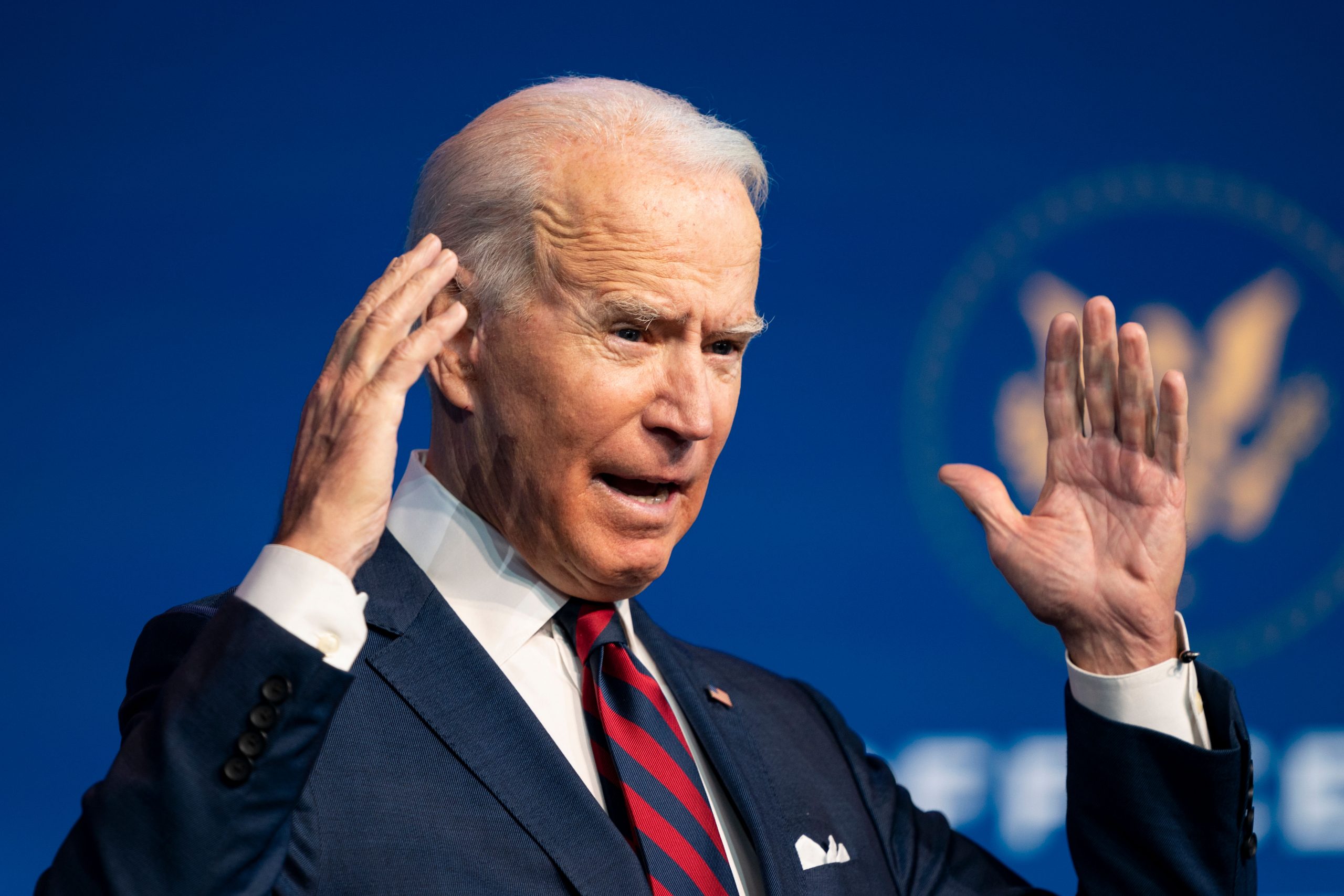The newly sworn-in US President Joe Biden on Friday promised extended help for the people of America who continue to struggle due to the pandemic, as deals were struck internationally that secured vaccines and low-cost tests for people in economically weaker countries.
The new Democratic administration in the US significantly pushed stimulus payment and handouts to help people buy necessities like food, as a large number of children in the US relied on meals served at school — which were now shut due to the pandemic.
Member of the White House National Economic Council, Brian Deese said, “The American people can’t afford to wait” later adding that many were “hanging by a thread”.
Around the world there were new signs of the depth of damage dealt to the economy, with the closely-watched PMI index showing that Europe is heading for a new recession, and Latin America suffering its steepest drop in foreign trade since the global financial crisis.
Also Read: Pfizer to provide 40 million COVID-19 vaccines through Covax
As vaccine rollouts gain pace around the world, Hungary announced it was going it alone and buying two million doses of Russia’s Sputnik V vaccine, frustrated by the European Union’s unwieldy strategy of buying shots in bulk on behalf of members.
“It doesn’t matter if the cat is black or white, as long as it catches the mouse,” Orban said of the different vaccines, despite wariness from some experts over the fact that Sputnik V was rolled out before large-scale clinical trials.
Brazil was meanwhile due to receive two million vaccine doses of a different jab developed by British pharmaceutical firm AstraZeneca and Oxford University.
The World Health Organization has repeatedly warned that richer countries are hogging the vaccine.
But there was good news Friday for poorer nations, as the WHO and pharmaceuticals giant Pfizer announced a deal for up to 40 million initial doses of the Pfizer-BioNTech vaccine to be made available to them through the Covax global pool.
“We can only end the pandemic anywhere if we end it everywhere,” said WHO chief Tedros Adhanom Ghebreyesus.
A separate deal, brokered by international agencies working with the WHO, will supply developing nations with tens of millions of rapid antigen tests at half the usual $5 price.
In Britain, imams were using their Friday sermons to reassure worshippers that coronavirus vaccines are safe, using their clout in Muslim communities to support the immunisation drive.
“The hesitancy, the anxiety (and) concern is driven by misinformation, conspiracy theories, fake news and rumours,” said Qari Asim, chairman of Britain’s Mosques and Imams National Advisory Board.
The imams’ campaign comes as Britain battles to constrain a new strain of COVID-19 which the government warned Friday is not only more infectious, but potentially more fatal.
Chief government scientist Patrick Vallance said the strain could be 30-40% more deadly for some age groups, though he stressed the assessment relied on sparse data.
The British strain, along with variants first detected in South Africa and Brazil, are fuelling a tightening of travel restrictions, with Belgium banning non-essential trips out of the country.
Denmark meanwhile banned all flights from the United Arab Emirates, saying it needed to make sure the testing regime in Dubai was rigorous enough.
And from music to sports, organisers of large-scale events are grappling with the continued fallout of COVID-19, with Rio de Janeiro’s famed carnival called off for this year.






